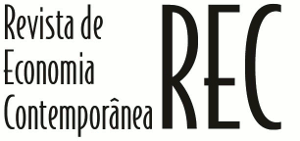This paper deals with Keynes' theoretical stance toward both the classical economics and the so-called heretic approach. The first section delineates the distinctive traces of the classical and the neoclassical schools according to Keynes' criteria, as well as his critique of the main theses advanced by these theoretical lineages. Next, it presents his evaluation of the main underconsumptionist arguments, indicating his points of convergence to and contention with this economic vision. After that, the neoclassical analyses of the demand puzzle are retrieved, along with some observations on the relation of Keynes' work with the marshallian tradition. The last section evaluates the neoclassical theory of aggregate output under cyclical conditions and introduces Keynes' version for the aggregate equilibrium defined from the propensities to spend and to invest, pointing out also the fragility of the marshallian interpretation of his theoretical structure. Eventually, it comments on Keynes' contribution to the economic knowledge of the time with regard to the classical and the heretic schools.
effective demand; business cycles; aggregate equilibrium; Keynesian economics
